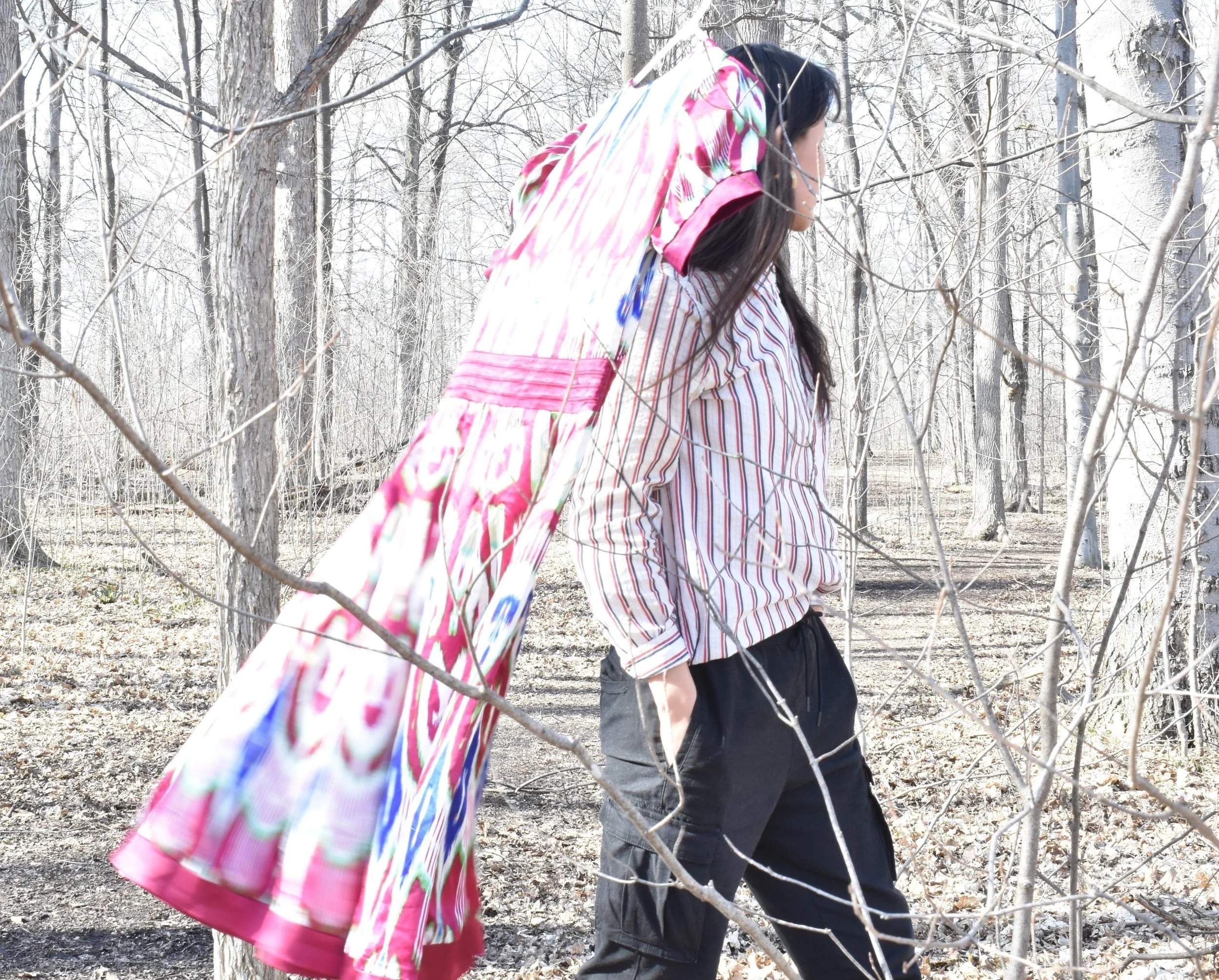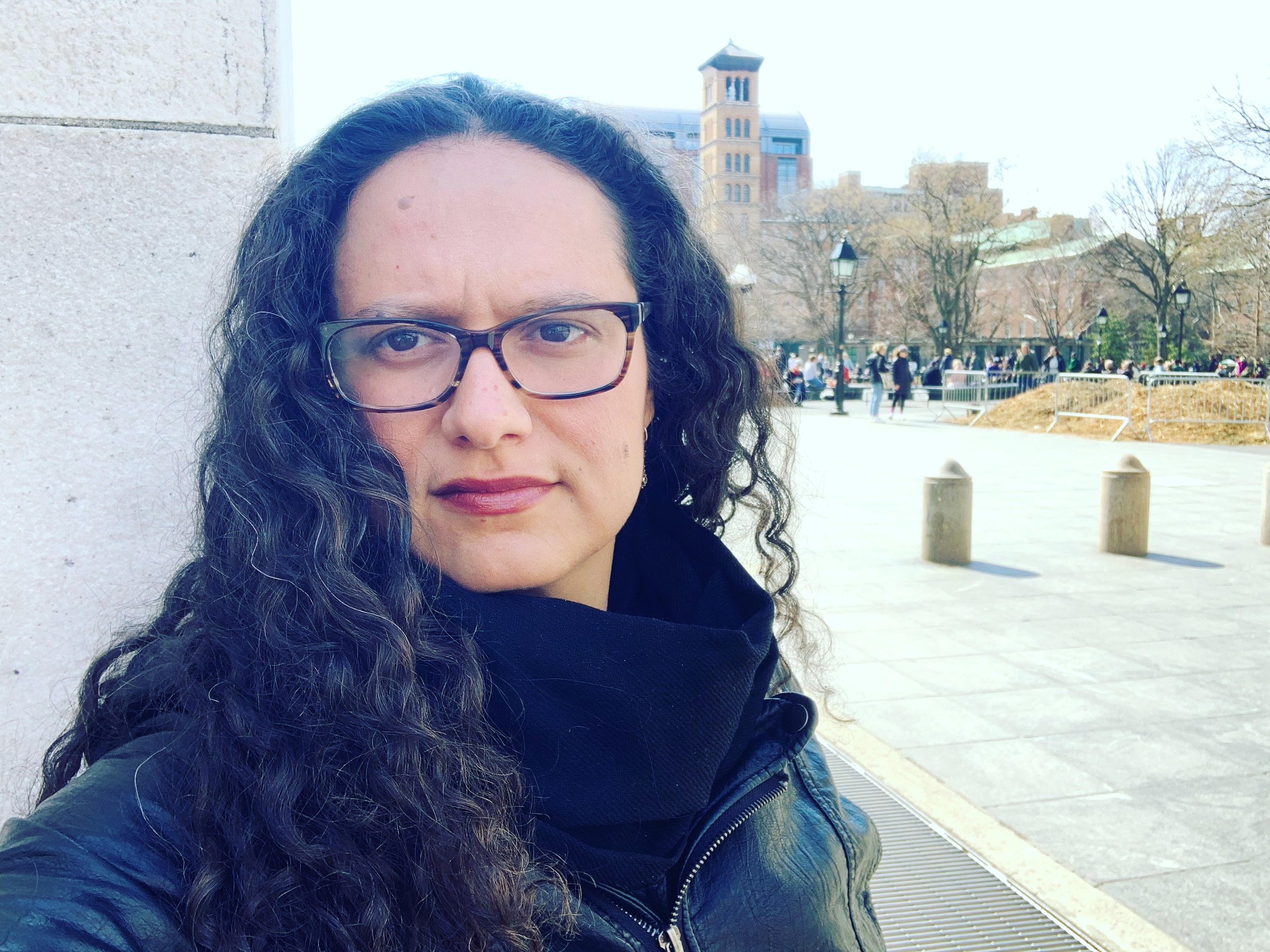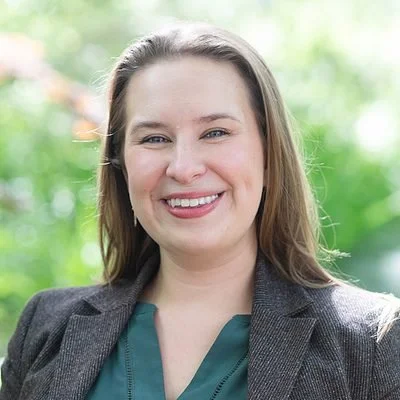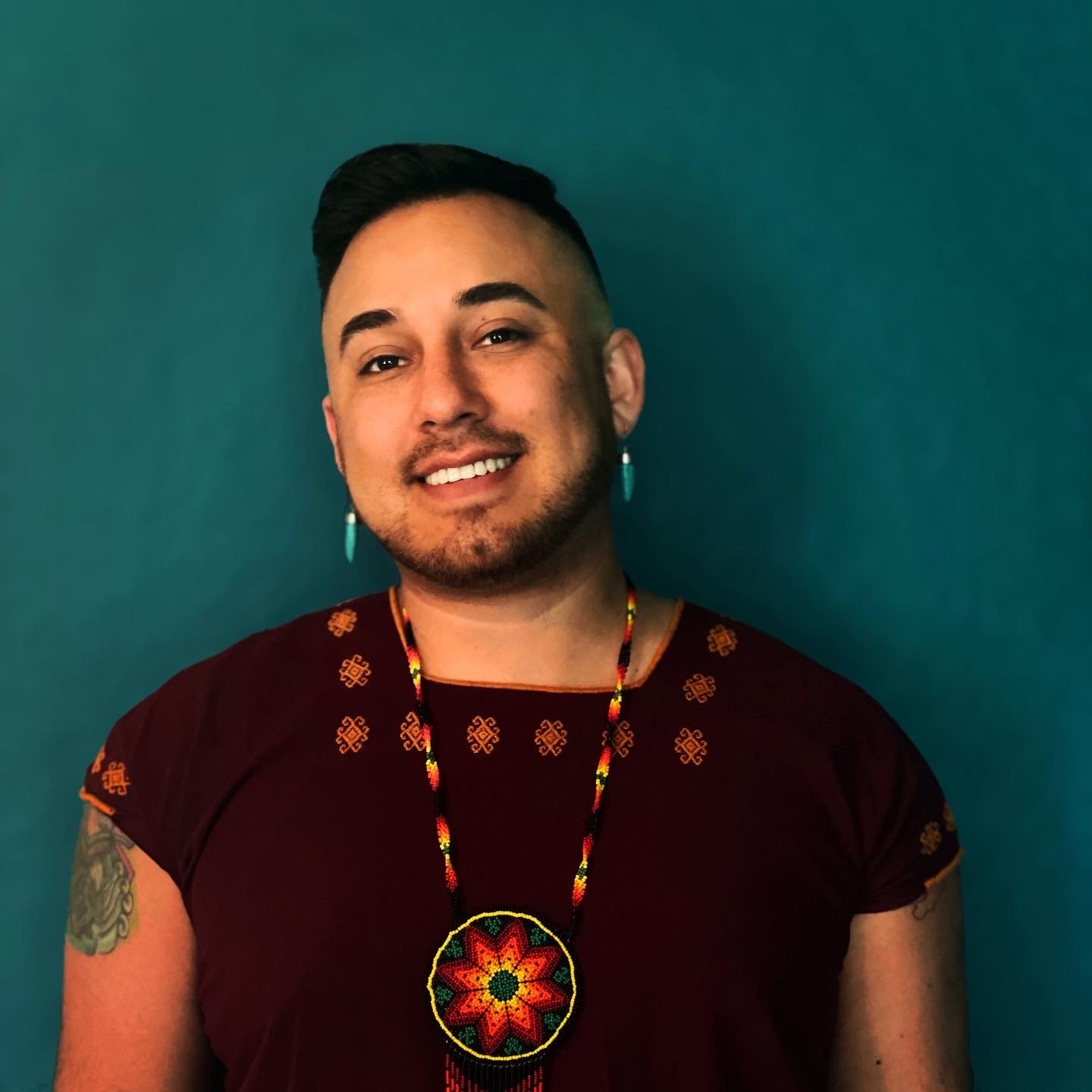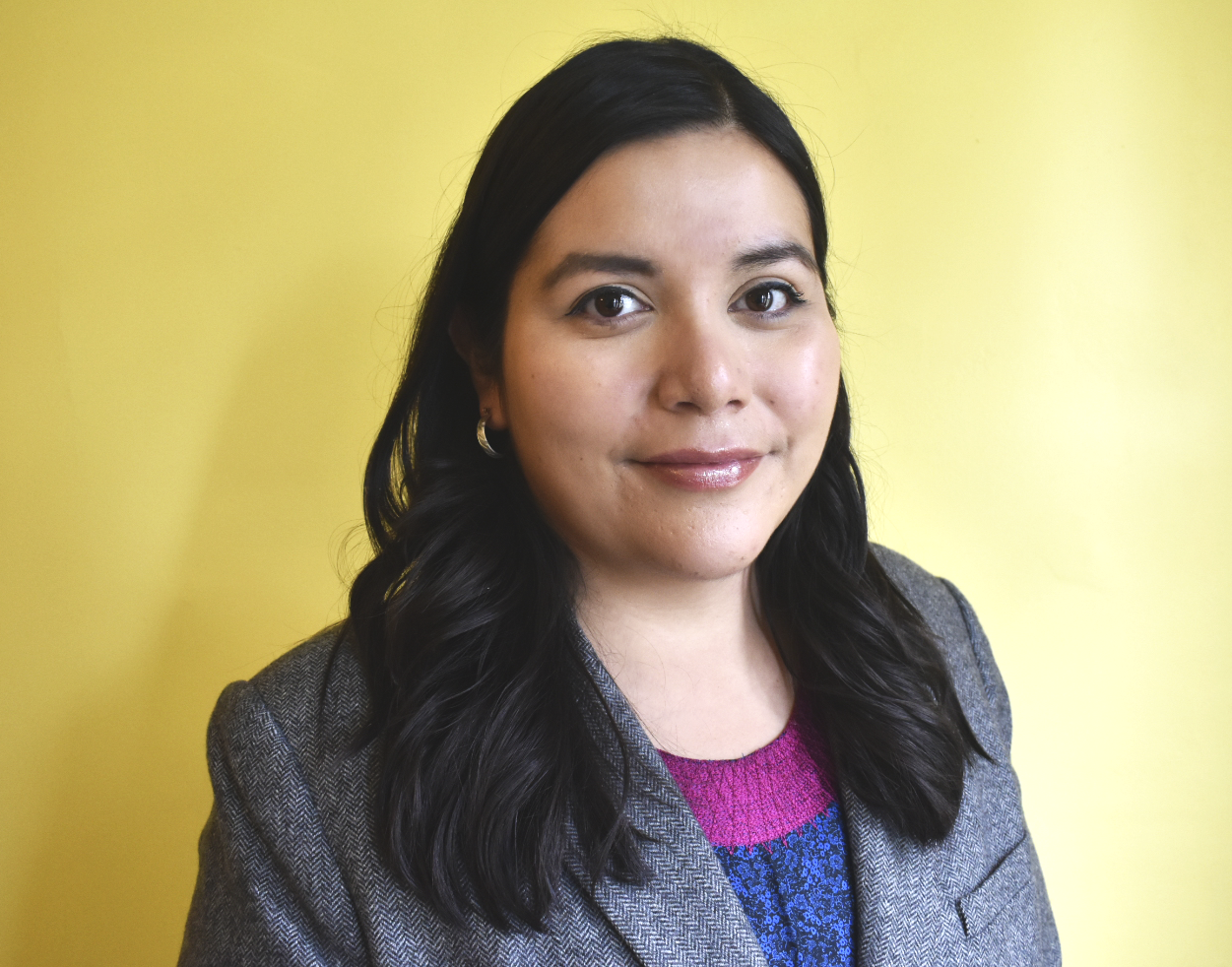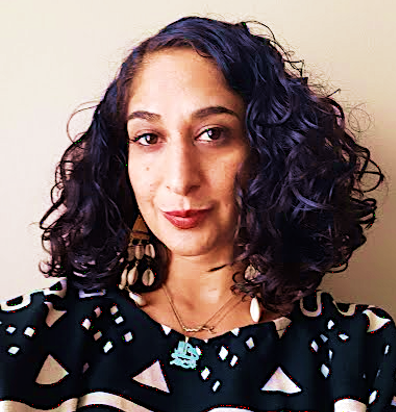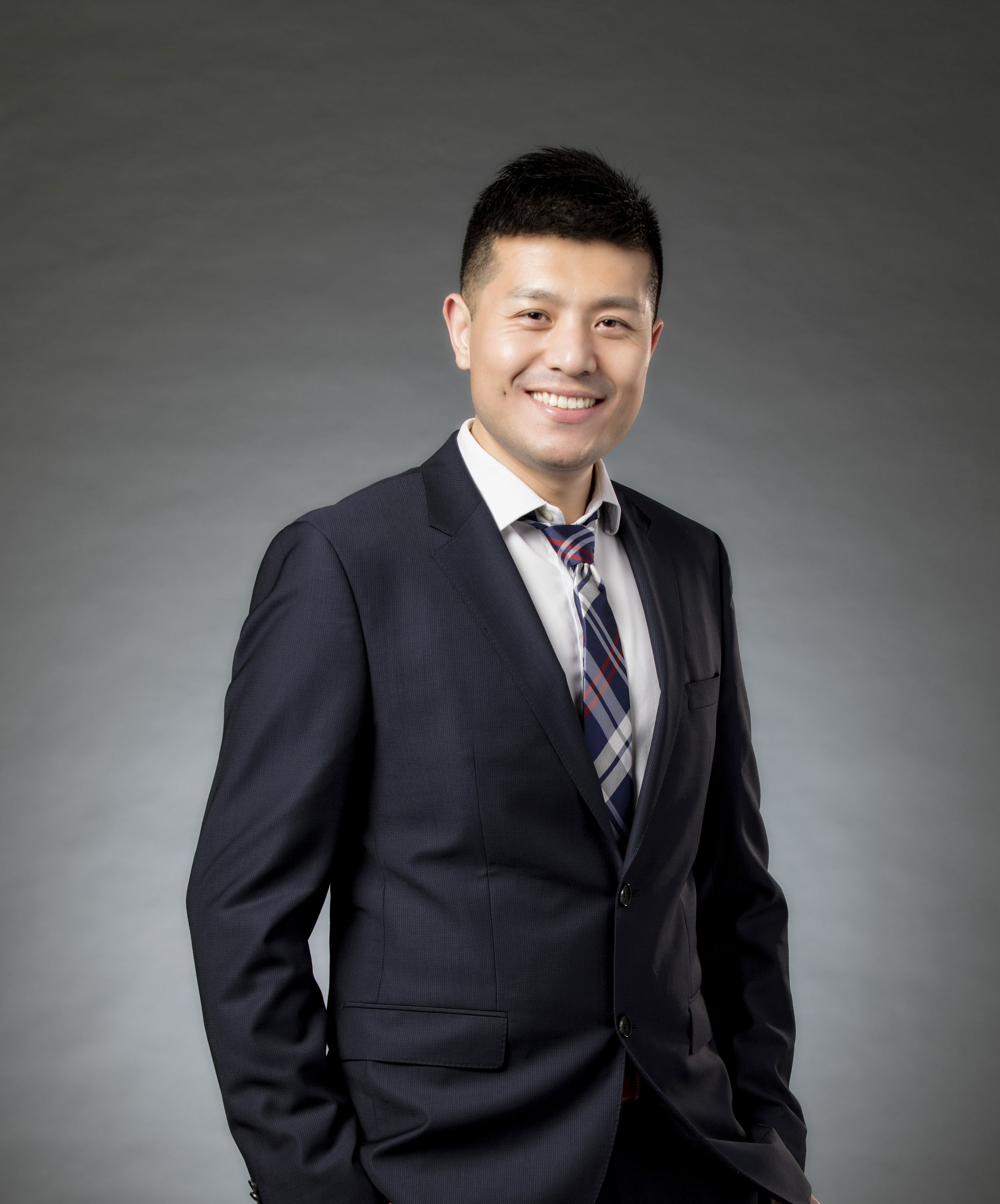2022 Curriculum Inquiry Writing Fellows
Rey Hady
Rey Hady is an interdisciplinary transnational Indigenous artist-scholar with a base in North America. Her artistic and scholarly endeavors delve into transnational education, offering a critical and non-Western Indigenous perspective. Believing in the transformative power of aesthetic revolution in social change, Rey challenges Western norms in genre, forms, and conventions in her creative and written works. Her research creation draws on Indigenous storywork and arts-based methods to illuminate a decolonial curriculum on a global scale.
Ileana Jiménez
Ileana Jiménez’s doctoral research in the English Education program at Teachers College, Columbia University, focuses on teaching Black and Latina feminisms in schools; critical feminist pedagogies; and feminist digital and school-based activism. She is a recognized leader in the feminism-in-schools movement and is the founder of feministteacher.com and creator of the #HSfeminism and #K12feminism hashtags. An English teacher-activist for 25 years, she teaches critical feminist pedagogies, curricula, and activism to high school and graduate students as well as teachers. She offers high school classes on women of color feminisms; queer literature; Latinx literature; and Toni Morrison’s Beloved. Her courses for college and masters students focus on feminist and queer pedagogies in the English classroom. In 2011, she received a Distinguished Fulbright to interview queer and trans youth in Mexico City. Globally, she has presented on feminist pedagogy for teachers in Argentina, Australia, Greece, India, Mexico, and the UK. She recently published a chapter in Gender in an era of post-truth populism: Pedagogies, challenges and strategies (2022). She received her B.A. in English Literature at Smith College, and an M.A. in English Literature at Middlebury College. She can be found on Twitter, Instagram, and Facebook @feministteacher.
Meredith McCoy
Meredith McCoy (Turtle Mountain Band of Chippewa descent) is an Assistant Professor of American Studies and History at Carleton College. Her research examines how Indigenous families, educators, and community leaders have long repurposed tools of settler violence into tools for Indigenous life. McCoy has previously worked as a middle school teacher, a Policy Assistant at the White House Initiative on American Indian and Alaska Native Education, and an instructor at Turtle Mountain Community College and Freedom University.
Pablo Montes
Pablo Montes is a descendant of the Chichimeca Guamares and P’urépecha people from the valley of Huatzindeo, specifically from a small rancho called La Luz at the foot of the Culiacán mountain. They are a Queer first-generation scholar and will be joining the Curriculum Studies Program at Texas Chrisitian University as an Assistant Professor starting this Fall 2022. They currently reside in Tza Wan Pupako (Austin, TX) where they recently received their Ph.D. in the Cultural Studies in Education program at the University of Texas at Austin within the Department of Curriculum and Instruction. Their main research interests are at the intersection of queer settler colonialism, indigeneity, and Land education. Their dissertation project emphasis the transformational learning spaces that Two-Spirit, Queer, and Trans Indigenous educators create alongside their Indigenous community, with Land, and other Queer Indigenous people. Additionally, they consider how Queer educational discourses often leave settler colonialism unattended and argues for a nuanced critique of Queer theory in pedagogy, curriculum, and learning.
Atenea Rosado-Viurques
Atenea Rosado-Viurques (she/her) is a Mexican educator with ten years of experience in research, policy making, curriculum planning, and program implementation with a focus on education in emergencies, and peace and human rights education. She is also a joint PhD candidate in Education and Anthropology at the University of Pennsylvania. She holds a MA in International Educational Development from Teachers College at Columbia University, and a BA in Pedagogy from the National Autonomous University of Mexico. Trained as an educator and an anthropologist, her research centers on critical approaches to humanitarianism and international development in education, as well as decolonial and Indigenous feminist thought. Atenea’s research is shaped by her experiences as a sister of her sisters, hija de Irma, nieta de Elena y María, a former teacher, a “local” worker of the humanitarian and development industrial complex, and a commitment to problematizing narratives about the “Global South” and the peoples who inhabit it.
Sahar D. Sattarzadeh
Sahar D. Sattarzadeh is an assistant professor in Comparative Global Studies and Political Economy within the Education Studies Department and an affiliate of the Africana Studies Department at DePauw University on the ancestral, traditional, and unceded lands of the Delaware, Piankashaw, Wea, Miami, Kickapoo, Potawatomi, and Shawnee (Greencastle, Indiana) and a research associate at the Chair for Critical Studies in Higher Education Transformation (CriSHET) at Nelson Mandela University on the ancestral, traditional, and unceded lands of the Khokhoi, San, and AmaXhosa (Port Elizabeth, South Africa). She studies, teaches, and writes about comparative higher education and knowledge systems; human rights and human rights education; media, science and technology; and activism/social movements through an integration of critical justice-oriented frames globally and transnationally.
Mia Shaw
Mia Shaw (she/her) is a PhD Candidate in Teaching, Learning, and Teacher Education in the Graduate School of Education at the University of Pennsylvania. Building on her previous experiences as a formal and informal science educator, Mia's research focuses on designing, implementing, and studying learning experiences that use creative, interdisciplinary technologies to support the identity authorship, critical engagement, and personal expression of Black and Brown youth interested in learning STEM. Her dissertation research draws from Black women's quiltmaking in that she designed and facilitated a workshop where a racially- and ethnically-diverse group of high-school-aged youth designed interactive quilt patches that restor(y)ed dominant narratives about computing technology. Outside of her research, Mia is an illustrator and comic artist.
吴林 Lin Wu
吴林 Lin Wu, a first-generation college student and immigrant from China, is an Assistant Professor of Teacher Education at Western Oregon University. He taught primarily working-class Mexican American students in Southern Arizona for seven years and earned his Ph.D. in Curriculum & Instruction from the University of Washington-Seattle. His research interests include Race & Empire, Asian Diasporas, and Multicultural Teacher Education. Outside of academia, Lin enjoys traveling with and cooking for his family and reading bilingual (Mandarin Chinese and English) stories to his daughter.

